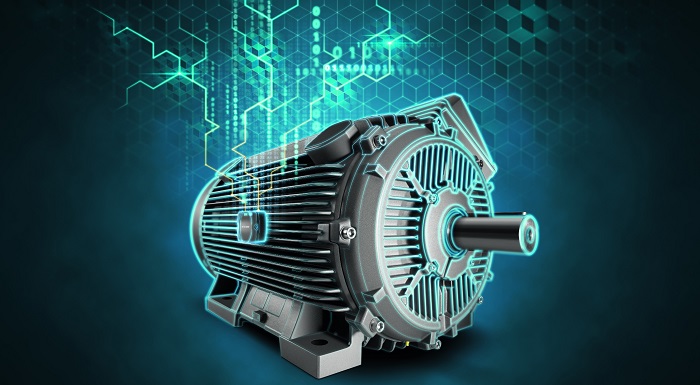Electric motors have emerged as the cornerstone of modern technology, powering a wide array of applications across industries. As the world transitions towards a more sustainable and energy-efficient future, the production of electric motors plays a crucial role in driving innovation and progress. In this comprehensive blog article, we explore the key trends shaping the landscape of electric motor production, from advancements in materials and design to the integration of smart technologies and the rise of sustainable practices. Join us as we delve into the exciting realm of electric motor production and uncover the trends that are powering the future of technology and sustainability.
Advancements in Materials and Design
1. High-Efficiency Materials:
The use of advanced materials, such as rare earth magnets, copper rotors, and lightweight alloys, has revolutionized the efficiency and performance of electric motors. These materials offer superior magnetic properties, reduced energy losses, and increased durability, resulting in electric motors that are more energy-efficient and eco-friendly.
2. Optimized Motor Designs:
Innovative design techniques, such as computer-aided design (CAD) and finite element analysis (FEA), enable manufacturers to optimize the performance and efficiency of electric motors. From aerodynamic rotor shapes to precision engineering tolerances, optimized motor designs enhance power output, reduce friction, and improve overall energy efficiency.
Integration of Smart Technologies
1. Sensor Technology:
The integration of sensors in electric motors allows for real-time monitoring of performance metrics, temperature, and operating conditions. By collecting data and providing insights into motor health, sensor technology enables predictive maintenance strategies, reduces downtime, and enhances efficiency.
2. Internet of Things (IoT) Connectivity:
IoT connectivity enables electric motors to communicate with other devices and systems, facilitating remote monitoring, data analytics, and predictive maintenance. By harnessing the power of IoT, manufacturers can optimize motor performance, diagnose issues proactively, and maximize energy efficiency.
Rise of Sustainable Practices
1. Recyclable Materials:
The shift towards sustainable manufacturing practices has led to the use of recyclable materials in electric motor production. By incorporating materials that can be recycled or repurposed, manufacturers reduce waste, minimize environmental impact, and promote a circular economy approach to motor production.
2. Energy-Efficient Manufacturing Processes:
Manufacturers are adopting energy-efficient production processes, such as lean manufacturing and energy management systems, to reduce energy consumption and greenhouse gas emissions. By optimizing manufacturing operations, electric motor producers lower costs, enhance sustainability, and drive overall efficiency.
Impact of Electrification Trends
1. Electric Vehicles (EVs):
The growing demand for electric vehicles has driven advancements in electric motor production, leading to more efficient, lightweight, and high-performance motors. As automakers transition towards electrification, the production of electric motors plays a critical role in powering the future of sustainable transportation.
2. Renewable Energy Systems:
Electric motors are essential components in renewable energy systems, such as wind turbines and solar panels, where they drive power generation and conversion processes. By producing efficient and reliable motors for renewable energy applications, manufacturers contribute to the growth of the clean energy sector and support the transition to a low-carbon economy.
Future Outlook and Conclusion
As electric motor production continues to evolve, driven by advancements in materials, design, smart technologies, and sustainability, the future of technology and energy efficiency looks promising. Electric motors are at the forefront of innovation, powering a wide range of applications that drive progress across diverse industries. By embracing key trends in electric motor production, manufacturers can unlock new opportunities, enhance efficiency, and shape a more sustainable future for generations to come.
The key trends in electric motor production are propelling us towards a future where efficiency, sustainability, and innovation converge. By harnessing the power of advanced materials, smart technologies, and sustainable practices, the production of electric motors is poised to play a pivotal role in powering the future of technology and driving the transition towards a cleaner, more energy-efficient world. As we embark on this transformative journey, the trends in electric motor production serve as guiding lights, illuminating the path to a brighter, greener, and more sustainable future powered by innovation and ingenuity.





